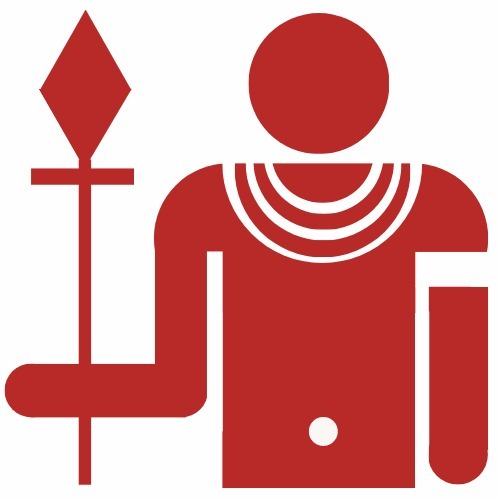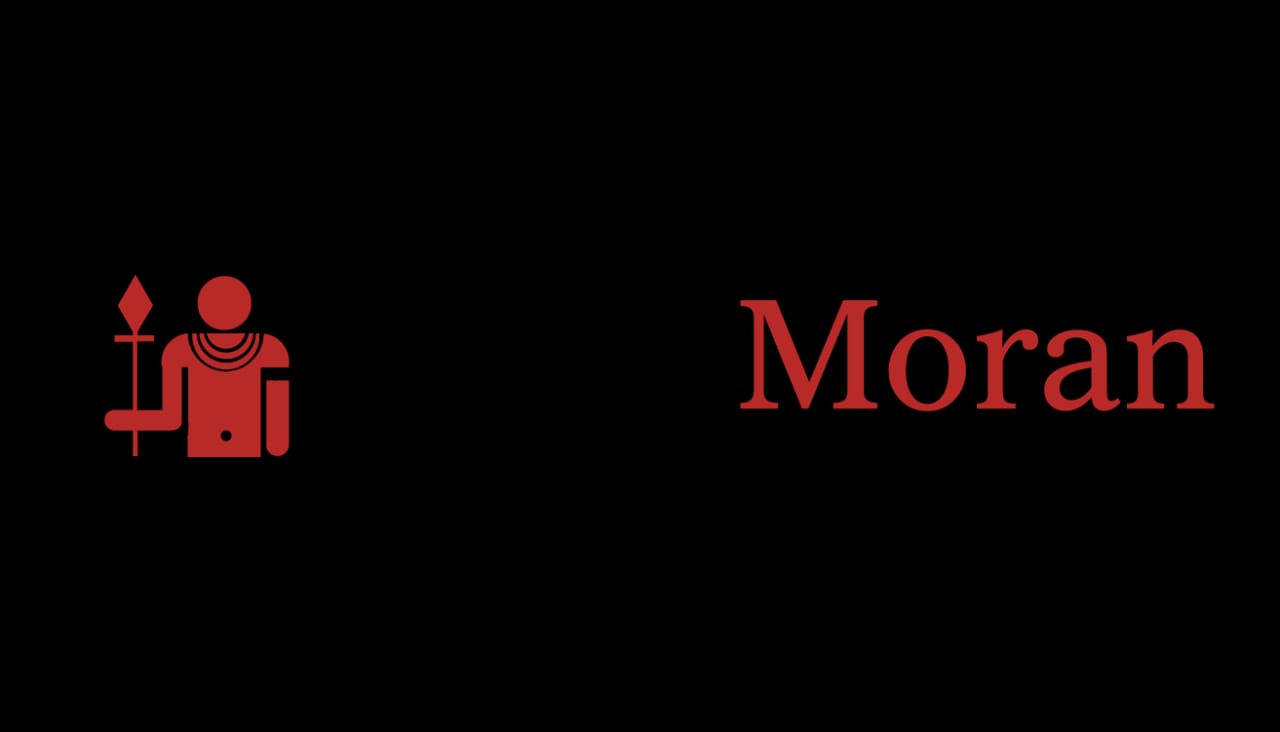Wemo Kitawa started Mama Ventures in 2015 and she was overwhelmed by the entire process. She found herself listening to podcasts and reading on how other founders across the world managed their time. She found herself strained – managing to give herself between 2-3 hours of sleep a day.
At that time, she wasn’t worried because MAMA was her baby and she was willing to sacrifice her time to make her grow. She obviously suffered the ripple effect and found it more and more difficult to focus and her schedule was an absolute mess. It took that fall for her to realize that she was Kitawa and not a Forbes CEO clone. She started to listen to her body and recognize when she was mentally strained.
TechMoran caught up with her ans this is what she told us.
What inspired you to start MAMA Ventures and why girls?
My journey with MAMA stems from many social experiences that I had been part of. What stood out the most for me is that I wanted to find active solutions for women and girls, not by telling but by showing and guiding them towards seeking the right opportunities. I was tired of handouts and for me, it was a matter of designing innovative solutions that empower women and girls with skills, transferable skills at that. Therefore the social enterprise wing at MAMA focuses on women self-help groups and girls from rural Kenya to educate on financial literacy and economic empowerment. Second reason for starting MAMA’s business wing – where we focus on offering management consulting services for small and medium sized businesses – was because I realized that many businesses and ideas were never fully actualized. I ventured out to research through interviews, focused group discussions and speaking to various entrepreneurs within my networks. The outcome of this research then formed the idea to design an entrepreneurship toolkit that focuses on leadership, life and business skills. I would like to see more names and legacies built and I would like to stand at the crossroads to assist founders achieve that.
How do you balance your time?
I give myself 7-8 hours of sleep and also include morning meditation and exercise to my routine. I have also set boundaries to manage and separate personal from work time. By understanding my vision, I incorporate my mentees into the MAMA Ventures goals to actively mentor them before they choose their career path. This has allowed me to delegate simple tasks and focus on evolving the idea and vision that I have.
How does MAMA Ventures work and which segment of the market does it target?
MAMA Ventures has both the business consulting and social enterprise focus points. I have designed a circular model, with the toolkit as the core. We work with schools, small and medium sized businesses and self-help groups and are able to integrate all segments with each other through a needs analysis approach. At the beginning of each quarter, after conducting a market study, we identify the core problem and work with the three segments to educate, equip and solve the problem/challenge with the guide of our toolkit. To summarize the MAMA model, we meet the supply-demand barrier chain through a targeted mapping approach.
What do you think can be done to curb gender marginalization especially in business?
I am glad to mention and point out that one of the most recent statistics show that Africa currently has the highest number of entrepreneurs in the entire world. This shows that as women in Africa, we are demystifying the norm and stepping up to grab opportunities. There is obviously more room to grow and it is for this reason that I would like to encourage more women to maximize these opportunities and make the most out of these networks. I obviously cannot speak about gender without acknowledging the male led businesses. What stands out for me is that the opportunity lies in collaboration and identifying how men and women can support, complement and supplement their business goals. Men and women have different ways of leading and I believe that the gold lies in the grey area where the extremes can merge. Let us get mining!
How different is MAMA Ventures from She Leads Africa Accelerator and other similar ventures locally?
I love the structure that SLA has towards empowering women in business in Africa by providing the right information and resources. At MAMA, aside from educating business on where to access the right resources, we focus on a direct relationship with the businesses and through understanding the challenges that SMBs face, we build structures and innovating solutions for the founders. Every business needs to have an evolution model and we are conservatively working to create solutions for business. At MAMA, we make business personal.
In Africa, people work in jobs they don’t like just to make ends meet. What advice do you have for them to help find their passions?
It is not only in Africa that people work for sustenance while benching their passions. Passion hardly pays the bills and it is always better to have the security of a pay check. With the toolkit, we address this by working with individuals to nurture their passions and transition to build their legacies consciously. My concern is that some successful entrepreneurs tell half truths about the journey and process of setting up and running a business and mislead others looking to venture into their passions. At MAMA, we assist people transition from formal employment to running their businesses by building the right structures.
Most women say the availability and access to credit hinder them from venturing into business. How are you helping reduce that gap?
One of the major ways that we address this challenge is by curating and creating the right resources and partnerships to support women led businesses to access the information and opportunities. I negotiate on behalf of the women to bring these resources to them. It is a double-edged sword in the sense that financial institutions are faced with a huge challenge, the business models that most women present are not investor ready. This is where we come in. We ensure that the women have the right information and are equipped with the skills for success, especially when it comes to funding or raising capital.
Are there personal traits that someone need to have in order to start a thriving business? Is that what you address in the entrepreneur toolkit?
I believe that for one to run a successful business, it is important to understand their leadership style and that of every component or participant in the business. , We equip founders with the resources to understand their way of leading. We also supplement this by equipping their working team with these resources. We have noticed better work quality and productivity when one masters this aspect.
How do you identify viable businesses from those set for failure? Is it in the team or in the idea?
I believe that there is no business destined to fail. The challenge comes in aligning the right structures. Whether you are selling mandazi at a kiosk or cars, at the end of the day you need to have the right team, manage your finances and organize your leadership. We take our members through innovation workshop to equip them with the right resources and link them to the right networks for the successful execution of their ideas.
How does MAMA ventures address the skills gap as some entrepreneurs are passionate about businesses they have no skills in?
We are currently building relationships and creating strategic partnerships to offer skills and give information to the individuals who are interested in businesses and how to get started. For us at MAMA, we must point out that we are offering the right information and offering value without extorting the entrepreneur. Our meet-ups are built with the focus to share information within the circle of business and create relationships that foster collaborative opportunities.


